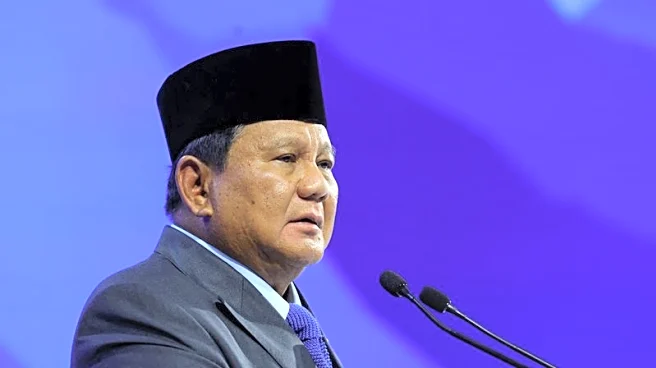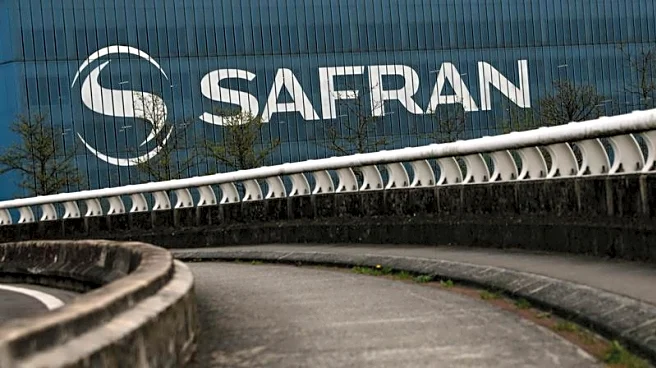What's Happening?
Brigade Capital Management, Macellum Capital Management, and Arkhouse Management Co. have collectively acquired Family Dollar from Dollar Tree, Inc. for approximately $1 billion. Family Dollar, headquartered in Chesapeake, Virginia, will continue to operate as a standalone private company with a new leadership structure. Duncan MacNaughton, previously the president and chief operating officer of Family Dollar, will assume the role of chairman and chief executive officer. Jason Nordin will continue as president. The acquisition is seen as a strategic move to unlock value for Dollar Tree shareholders and position Family Dollar for future success. Family Dollar has been part of Dollar Tree's portfolio since its acquisition for $8.5 billion in 2015.
Why It's Important?
The acquisition marks a significant shift in the retail landscape, particularly for discount stores. By transitioning Family Dollar into a standalone private entity, the new leadership aims to reinvigorate the brand and focus on strategic investments in personnel, stores, and customer experience. This move could potentially enhance Family Dollar's competitiveness in the discount retail sector, which is crucial given the current economic climate where consumers are increasingly seeking value-driven shopping options. The deal also reflects a broader trend of private equity firms investing in retail to drive operational improvements and financial growth.
What's Next?
With the new leadership team in place, Family Dollar is expected to implement a forward-looking strategic plan aimed at revitalizing the brand. This may involve store renovations, enhanced customer service initiatives, and potential expansion strategies. Stakeholders, including employees and customers, will likely be closely monitoring these changes to assess their impact on the company's performance and market position. The success of these initiatives will be critical in determining Family Dollar's ability to thrive independently.
Beyond the Headlines
The acquisition raises questions about the role of private equity in the retail sector, particularly in terms of long-term sustainability and ethical considerations. While private equity can provide the necessary capital for growth, it often demands significant returns, which can lead to cost-cutting measures that affect employees and service quality. The new leadership's commitment to investing in people and stores will be crucial in addressing these concerns and ensuring a balanced approach to growth.









